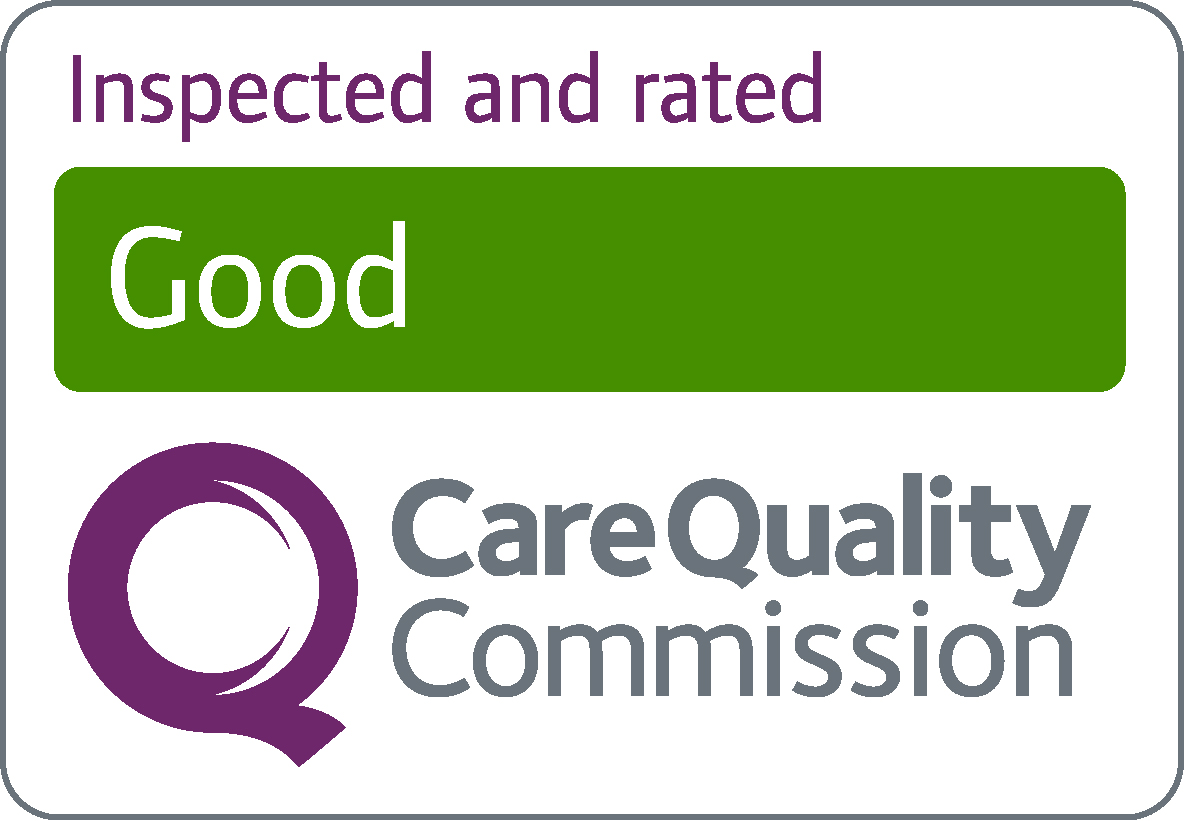Bilateral Vasectomy
Looking for a Vasectomy near you?
A Bilateral Vasectomy is a minor surgical procedure, performed by our skilled Urology surgeons at Chequers Health Centres across the North West. The procedure takes approximately 20 minutes and is performed under local anaesthetic.
During this operation both vas deferens tubes that transport sperm from the testicles are cut with a small section removed and the ends sealed or tied. This method stops sperm from mixing with semen and reaching the penis. It is also called male sterilisation and is a permanent method of contraception. After a vasectomy no other methods of contraception are then needed.
At Chequers there is no wait to have a vasectomy and no restrictions dependent upon where you live. We provide convenient, local appointments for a private vasectomy at a Chequers Health Centre near you.
Why choose a Vasectomy
A vasectomy is considered one of the most effective means of protection from pregnancy, with a success rate of over 99%. We perform the bilateral vasectomy as a same day outpatient at all of our North West clinics. A vasectomy can be considered if:
- You have already fathered a child or children and you and your partner feel your family is complete
- You have decided you do not wish to be a father
- You and your partner have decided this permanent highly effective procedure offers the best form of long-term contraception
Here at Chequers our urologists provide personalised assessment and guidance to help decision making and informed choice.
How much does a Vasectomy cost at Chequers
Our price is extremely competitive at £450, this fixed price includes the consultation, surgical day case procedure, pre and post aftercare and all semen analysis post procedure.
What to expect when you get home
- The local anaesthetic will wear off after approximately 4 – 6 hours
- Some mild swelling and bruising of the scrotum may occur, which should subside in about one week
- It is advisable to take simple painkillers such as paracetamol and Ibuprofen before the local anaesthetic wears off
- We recommend that you wear tight, supportive underwear or cycling shorts for several days post procedure
- We provide pre and post aftercare information
Post procedure analysis
To check the vasectomy procedure has been successful, we require a semen sample 16 weeks following the procedure. The results will be shared with our consultant surgeons within 7 days. Our trained multi-professional team provide full details pre and post procedure.
Contact Us
Patients from Bolton, Bury, Manchester, Wigan and surrounding areas choose Chequers Health for a professional Vasectomy.
If you would like to explore this option further or want to enquire about other available services or treatments, you can contact us on 01204 928850 or email us on info@chequershealth.co.uk.



